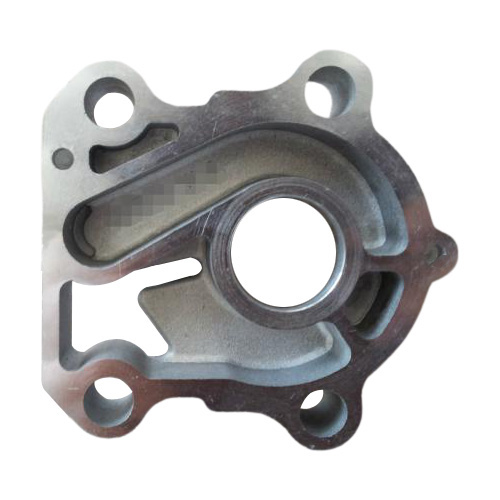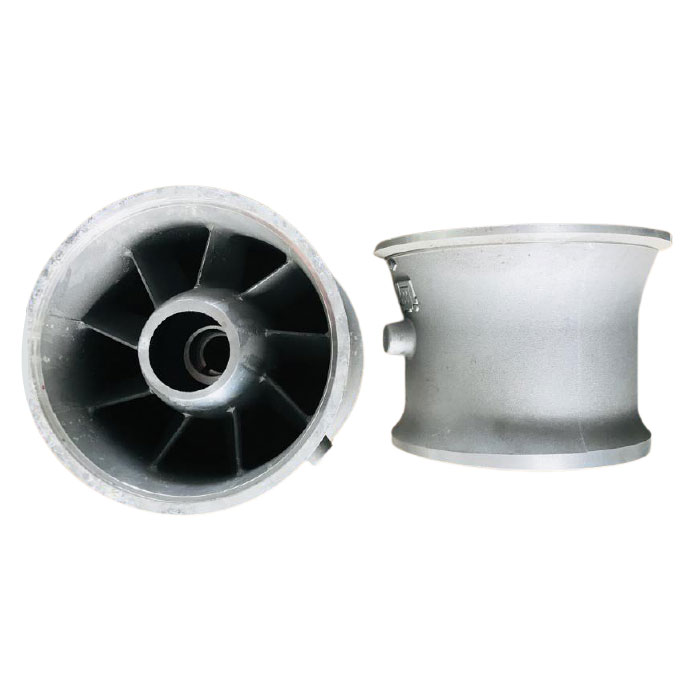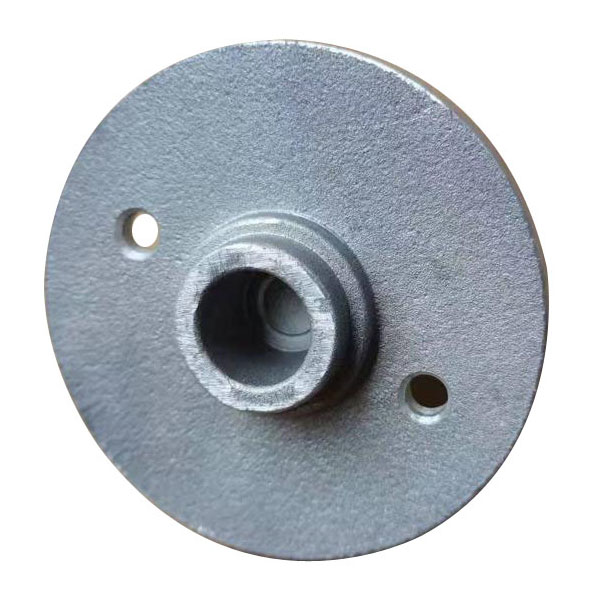Gravity casting, also known as permanent mold casting, is a casting process used to produce metal parts by pouring molten metal into a reusable mold. This method offers several advantages, making it a popular choice for certain applications. Here are some of the key advantages of gravity casting:
Better Surface Finish: Gravity casting typically produces parts with a smoother and more refined surface finish compared to sand casting or other casting methods. This is because the reusable metal mold can provide a precise and consistent mold surface.
Tighter Tolerances: The use of a permanent mold allows for better dimensional control and tighter tolerances in the final product. This is especially important for parts that require high precision and accuracy.
Reduced Porosity: Gravity casting produces parts with lower porosity compared to some other casting techniques, resulting in improved mechanical properties and structural integrity of the finished part.
Enhanced Mechanical Properties: The controlled solidification process in gravity casting can lead to improved mechanical properties of the cast parts. This includes better strength, hardness, and wear resistance.
Cost-Efficient for High-Volume Production: Once the initial permanent mold is created, it can be used for multiple casting cycles, making it cost-effective for high-volume production runs. Additionally, the reduced need for finishing and machining contributes to cost savings.
Good Surface Detail: Gravity casting is well-suited for parts with intricate designs and fine details, as the molten metal can accurately replicate the mold's features.
Versatility of Materials: Gravity casting can be used with a wide range of metals, including aluminum, zinc, copper, and magnesium, providing flexibility in material selection for various applications.
Reduced Waste: Compared to other casting processes like sand casting, gravity casting generates less waste material, as the mold can be reused multiple times.
Repeatable Results: The use of a permanent mold ensures consistent and repeatable results from part to part, reducing variability and ensuring quality control.
Despite its many advantages, gravity casting does have some limitations. For example, it may not be suitable for extremely complex shapes or thin-walled parts. Additionally, the initial cost of creating the permanent mold can be higher compared to some other casting methods. However, for applications where the advantages align with the production requirements, gravity casting can be an excellent choice.







